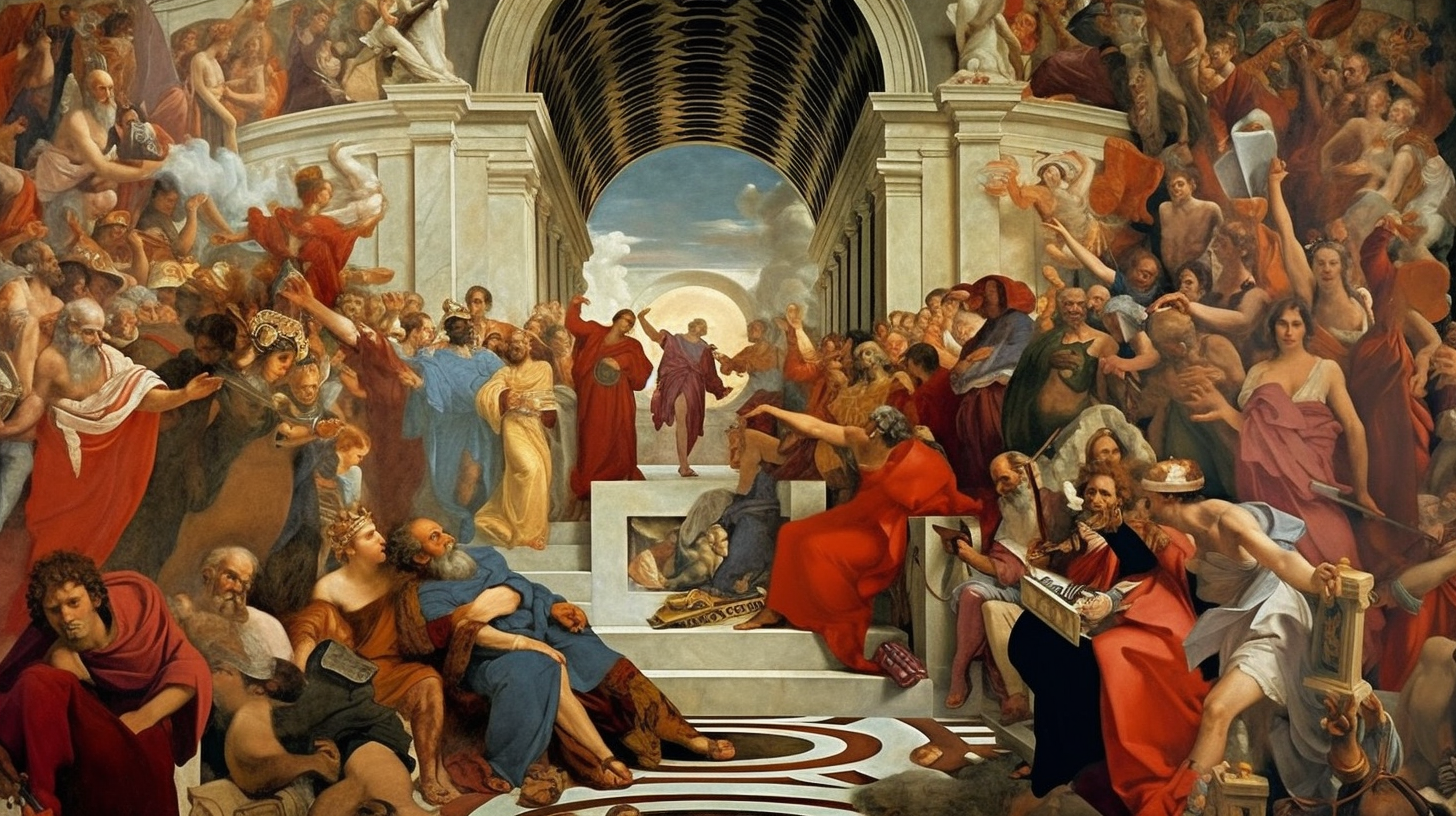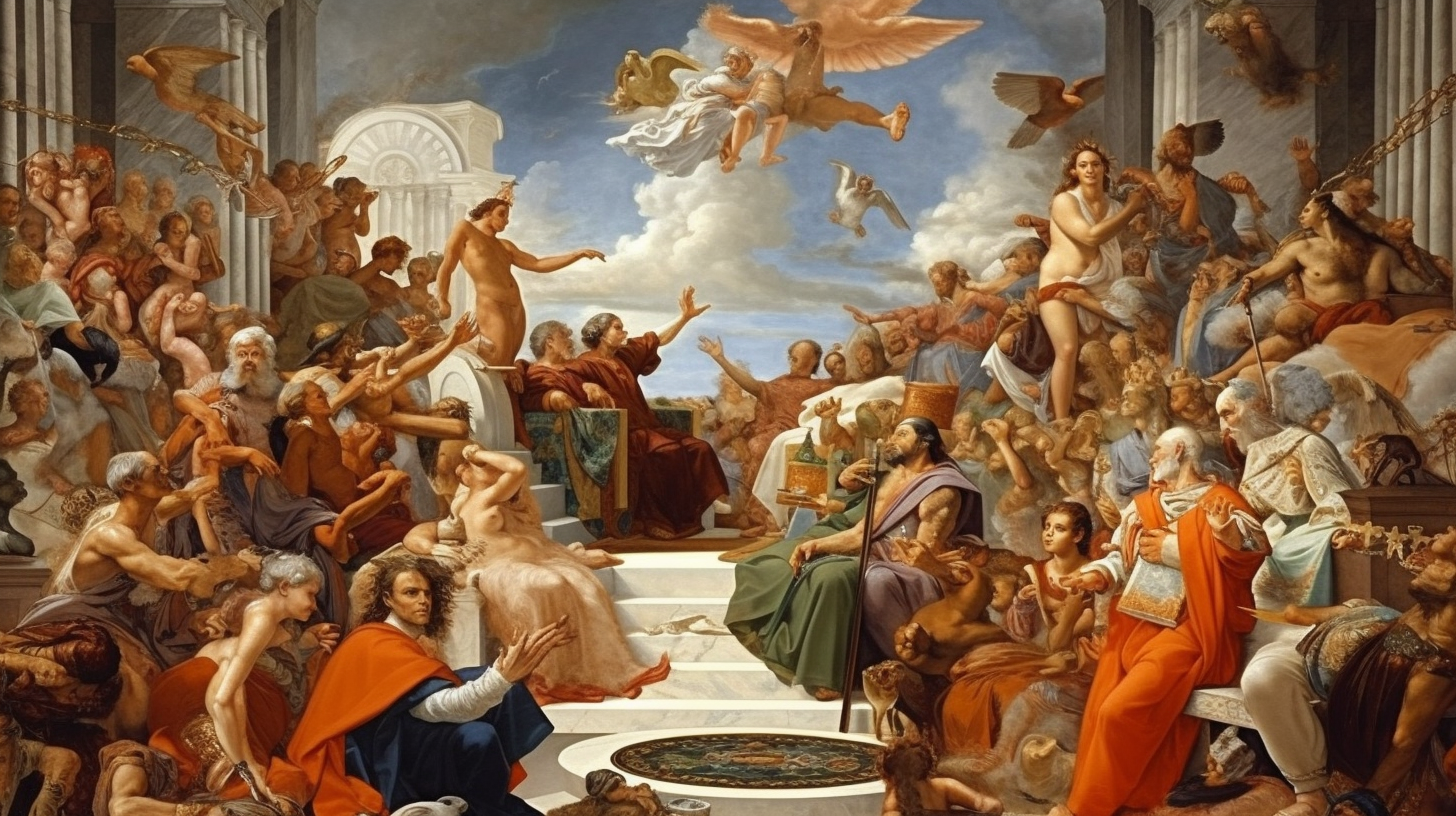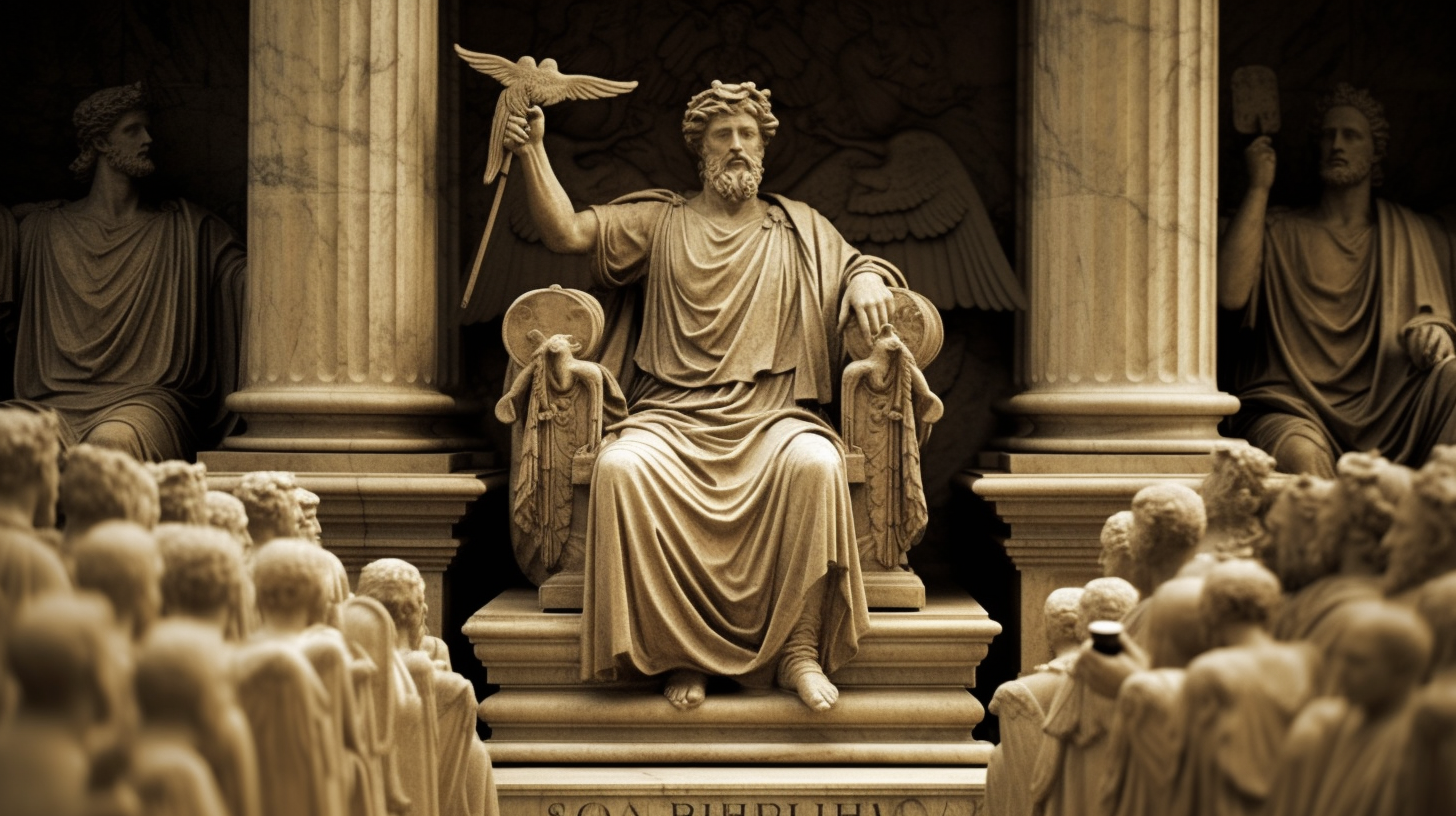The Philosophy of Politics: Examining Power and Governance
Power and governance intertwine like a complex dance in the grand theatre of politics, captivating and confounding in equal measure. To fully comprehend this intricate choreography, we must embark upon a fearless intellectual journey, peeling back the layers of conventional wisdom and examining the essence of power and its relationship with governance. In this article, we will dive headlong into the philosophical underpinnings of politics, challenging preconceived notions and unleashing the intellectual rigour necessary to disentangle truth from illusion.
The Illusion of Consent:
Central to any discussion on governance is the concept of consent. We are told that governments derive their authority from the consent of the governed, but is this truly the case? History teaches us that power, more often than not, is seized rather than bestowed through voluntary consent. From ancient empires to modern democracies, the transfer of power has been riddled with coercion, deception, and the exploitation of human frailties.
Consider the rise of totalitarian regimes throughout history. They all share a common thread: the intoxicating allure of power. By exploiting fear, promising security, and appealing to baser instincts, leaders have manipulated the masses to consent to their authority. But, from the Roman emperors to the despots of the 20th century, consent has often been an illusion, cleverly crafted by those who seek to subjugate.

The Nature of Governance:
If power is often built upon the crumbling foundations of consent, what does this mean for governance? The traditional political theory argues that governance is a mechanism designed to serve the common good and protect individuals' rights and freedoms. Yet, when we scrutinize the actions of governments throughout history, a stark reality emerges: the pursuit of power often eclipses the lofty ideals of governance.
Governance, at its core, is an exercise in control. It relies on a hierarchical structure where a select few wield authority over the many. Unfortunately, this concentration of power is fertile ground for corruption, as the pursuit of self-interest becomes entwined with the machinery of governance. From the Machiavellian intrigues of Renaissance politics to the institutionalized corruption in modern democracies, power has consistently proven to be an irresistible temptation for those in positions of authority.
The Seductive Force of Ideology:
In the theatre of politics, ideology often serves as both a tool and a mask. It appeals to our deepest desires for justice, equality, and progress, promising a utopian future if we follow its lead. Unfortunately, however, the siren song of ideology has a dark underbelly, for it is frequently used to consolidate power and suppress dissent.
History is replete with examples of ideological fervour being exploited for political gain. For example, the French Revolution began with noble aspirations of liberty and equality and soon descended into the Reign of Terror, where the guillotine became the instrument of ideological purity. Similarly, the rise of totalitarian regimes in the 20th century showcased the horrors that can unfold when ideology becomes a weapon of control.

Challenging the Status Quo:
To truly understand power and governance, we must challenge the status quo, refusing to accept the convenient narratives that cloak the realities of political life. Instead, we must be vigilant in scrutinizing our leaders' actions, demanding transparency, accountability, and a commitment to the common good.
Moreover, we must be willing to challenge the structures that perpetuate the concentration of power. It is not enough to replace one set of rulers with another; we must strive to reevaluate the mechanisms through which power is wielded fundamentally. Only by fostering a culture of critical inquiry and holding those in power to the highest standards can we hope to create a more just and equitable society.

Power and governance are inextricably intertwined in the grand tapestry of politics, their relationship often marked by deception, coercion, and self-interest. By examining the historical patterns and philosophical underpinnings that govern this relationship, we can unravel the complexities of power and expose its true nature.
Challenging conventional wisdom is to embark upon a path of intellectual rigor that demands a fearless pursuit of truth, unencumbered by the shackles of dogma. Only through such rigorous engagement can we hope to transform the way we consume and understand politics and, in doing so, forge a path toward a more enlightened and equitable future.

Plato Re-Imagined
This course offers 32 comprehensive lectures exploring most of Plato's dialogues. These lectures guide students toward a consilient understanding of the divine—a concept that harmonizes knowledge across disciplines and resonates with secular and religious leaders. As a bonus, Lecture #33 focuses on consilience, demonstrating how different fields of knowledge can converge to form a unified understanding.






